
Let's talk
Still unsure? Feeling overwhelmed? Talking to a real person can give you the guidance and reassurance needed. You don’t have to do it alone. Let’s find the right doctor together.
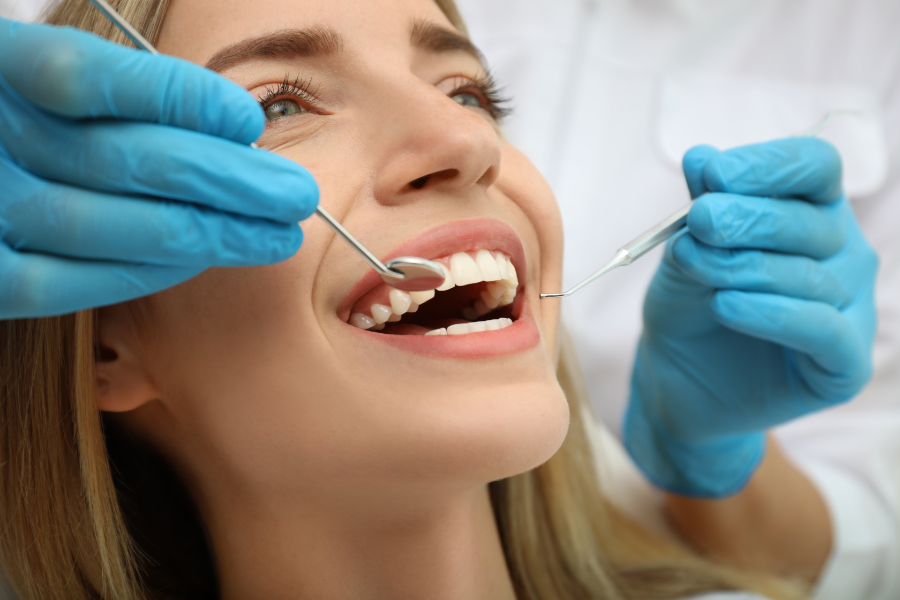
Cosmetic dentistry procedures allow you to have a good smile by removing stains or discoloration and by correcting worn, chipped, broken, misaligned, deformed, or cracked teeth. Thanks to smiling aesthetics, your smile is basically improved.
Common cosmetic dental procedures:
After the consultation and medical examination, the dentists will start your treatment by making plans for you to have an aesthetic smile.
Dental procedures are at a very advanced level today. Cosmetic Dentistry works in this field by covering many branches of dentistry.
The main purpose of cosmetic dentistry practices is to make a person’s smile and tooth structure more beautiful while solving dental problems. In advanced levels of the process, smile design applications can be applied.
In this process, various methods are used, especially the dental bonding method. These procedures are used to fix fractures and cracks by making corrections on the teeth without damaging the tooth structure. Cosmetic dentistry comes to the fore in these procedures.
Porcelain laminates (Laminate Veneers) are used for aesthetic tooth designs. With these laminates, maximum aesthetic effects are gained by giving minimum damage to the teeth.
Gums are as important as teeth in smile design. The priority in the process is to gain and maintain the health of the gums. With aesthetic tooth designs, teeth are subjected to color, position, size and shape changes, zirconium, ceramic, or lamina veneer procedures.

There are also many people who prefer to whiten their teeth with products such as whitening kits, teeth whitening strips, or whitening toothpaste. Such solutions can also work, treatments under cosmetic dentistry promise better and more successful results compared to teeth whitening products.
While professional dental bleaching (at-home bleaching and in-office whitening) procedures promise brighter teeth to look, zirconia crowns or porcelain veneers offer a more aesthetic smile.
The procedures performed for aesthetic smile designs are as follows:
The effect you have on people is related to your smile. The self-confidence of the person is reflected in his/her smile. The alignment and the color of our teeth are very important for our smile to be remarkable. Cosmetic Dentistry has important duties in this respect.
There are many factors that affect smile design. Age, gender, facial features of the person, gums, and the color of teeth are important factors. It is impossible to talk about an effective smile for people with gum problems.
Some people’s gums are visible when smiling. There are operations for correcting the visible gingiva issue, which improves the problem of sensitive teeth.
There are certain items in the field of Cosmetic Dentistry. The substance used differs according to the area to be treated and the purpose. The substance called felspathic is used for aesthetic purposes. For anterior teeth, additional lithium disilicates are also used.
Zirconium material is preferred when durability is aimed. Zirconium or zirconium dioxide is used to suppress the stains and the dark stains on the teeth.
Cosmetic Dentistry also evaluates the request of the person. Many aesthetic tooth designs are developed by an aesthetic dentist. Cosmetic Dentistry designs the most suitable porcelain for the person.
Cosmetic Dentistry undertakes the design of many items for bright and white teeth. Cosmetic Dentistry offer aesthetically rich solutions such as teeth whitening, conversion of amalgam filling to white filling, and porcelain laminate. Whitening is also available.
Bonding is the name that is given to the process of adding composite materials to the teeth. It is one of the applications of aesthetic tooth designs.
Composite is also used in the white filling. It is also used to close the spaces between the teeth and to color the teeth.
It is a ceramic veneer method on the tooth, and it is one of the most preferred types by Cosmetic Dentistry. It is generally used for single-tooth veneer.
The only downside is that it is not as durable as others. For this reason, it is mostly preferred in anterior teeth. It is a very successful procedure in terms of aesthetics.
There are many types of porcelain teeth. The ones that provide the best aesthetic appearance are:
Within the scope of cosmetic dentistry, consultation, examination, treatment, and aftercare stages are included in the treatment process. After the doctor-patient meeting, a dental examination is made. 3D imaging and dental x-rays might be taken.
Dental defects, if any, should be repaired first. If there is a carious tooth problem, the root canals are cleaned and a filling is applied. Aesthetic corrections are made afterward. The treatment plan varies from patient to patient.
During the healing process after dental treatment, it is important for the patient to follow some aftercare rules. What should be done after the treatment also varies according to the type of operation. All patients must fulfill oral health requirements.
The patient should brush his/her teeth regularly and pay attention to oral hygiene. In addition, beverages that cause discoloration such as red wine, coffee, and fruit juice should not be consumed after bleaching.
You can contact CLINIQUEPLUS, one of the most preferred boutique clinics in the field of cosmetic dentistry and get detailed information about dental treatments.
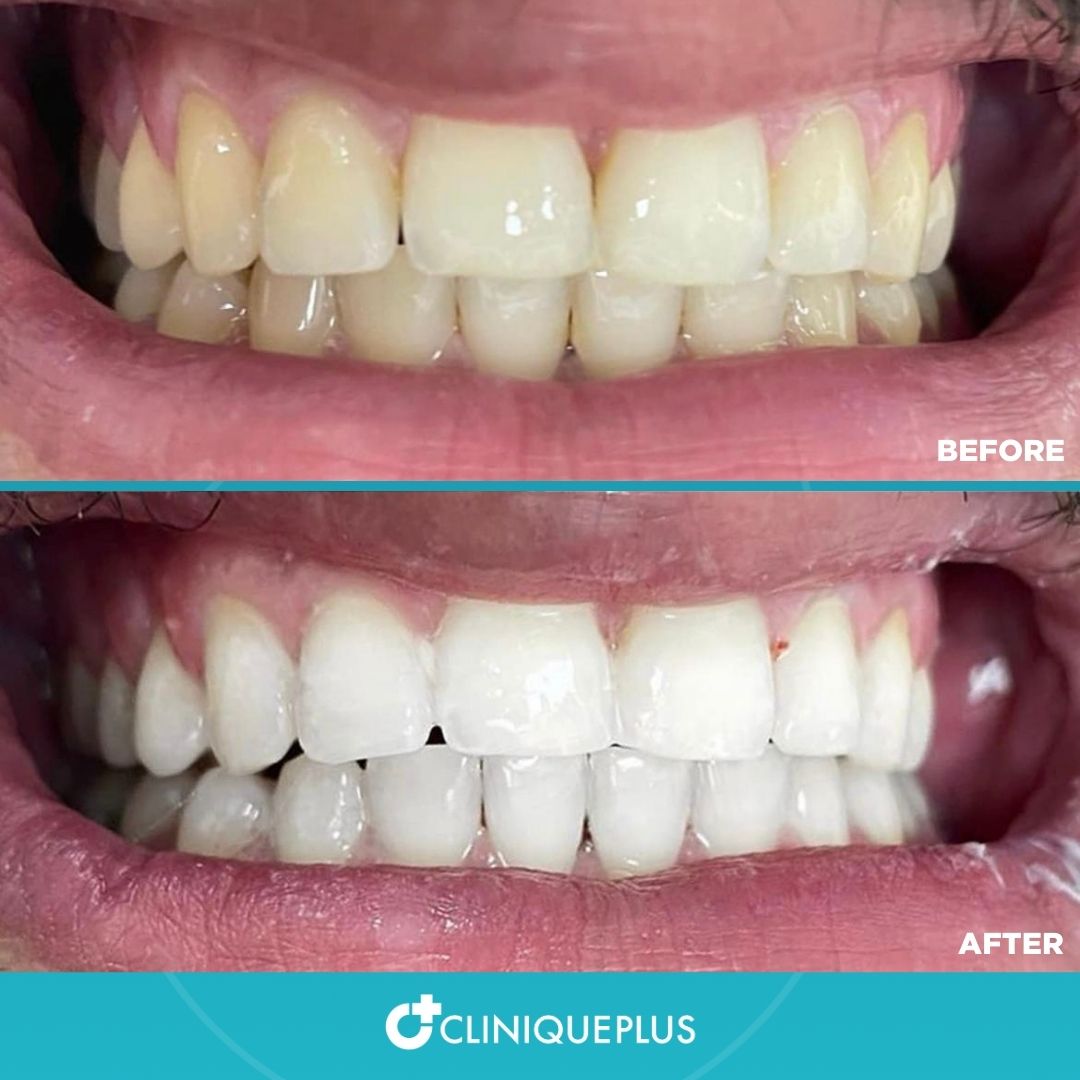
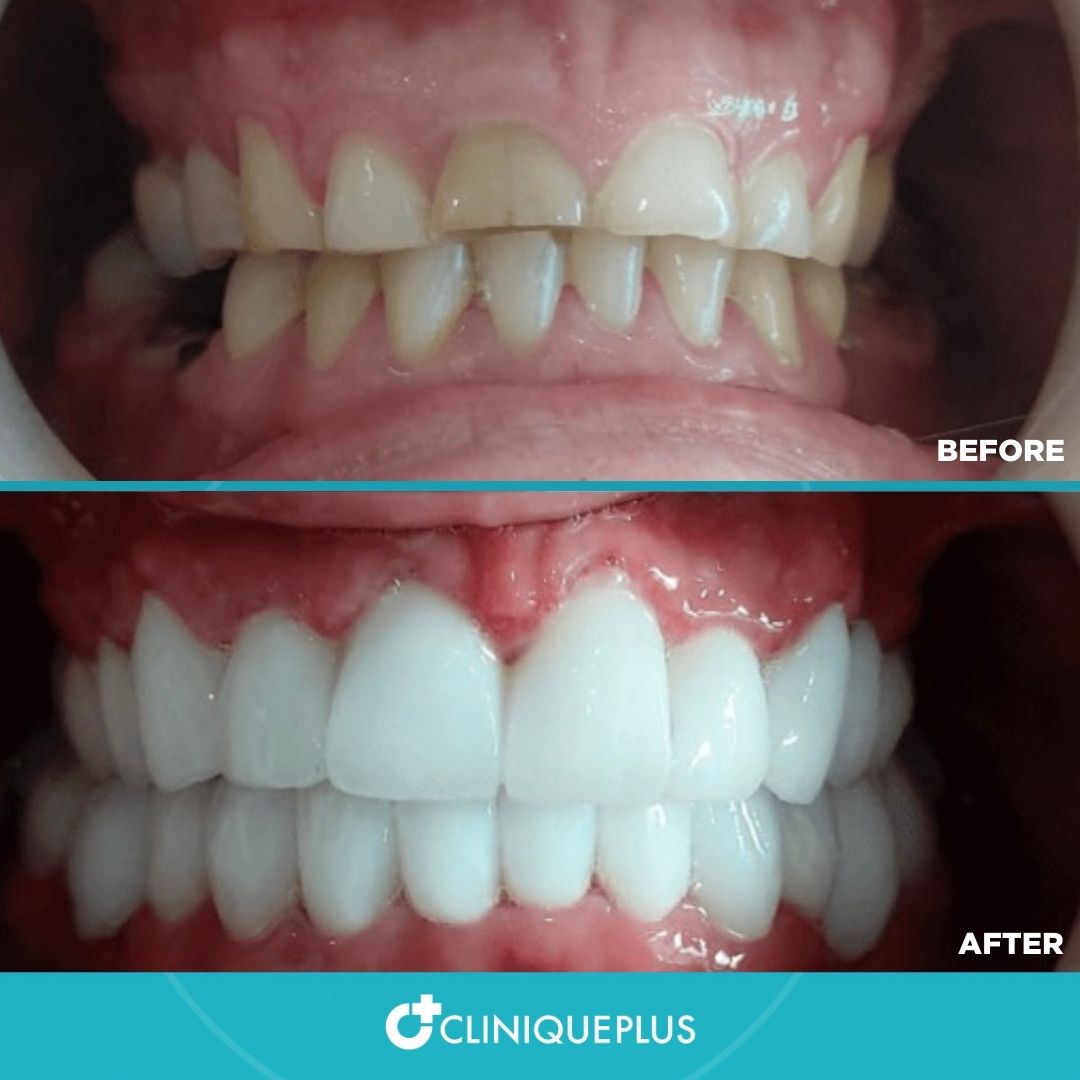
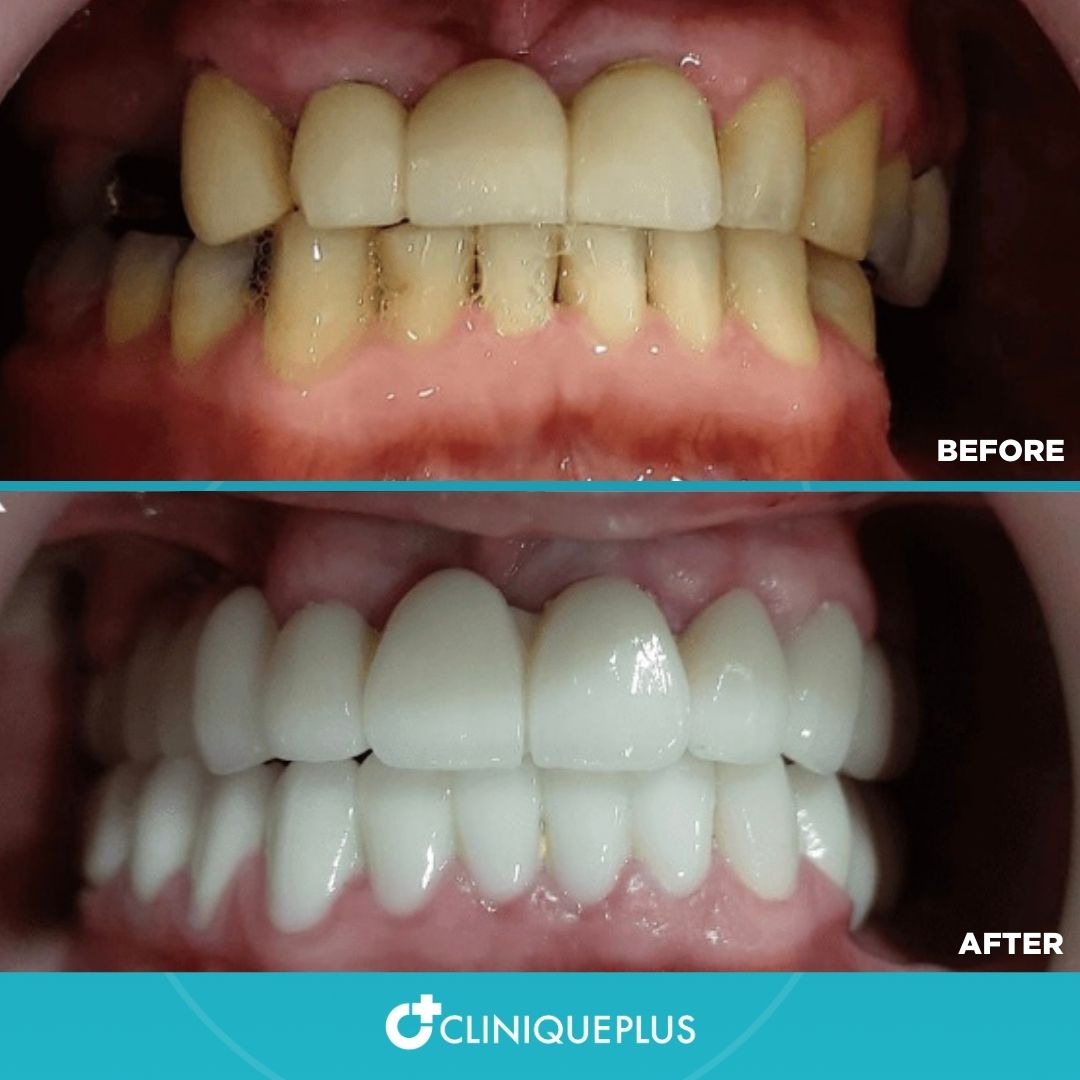
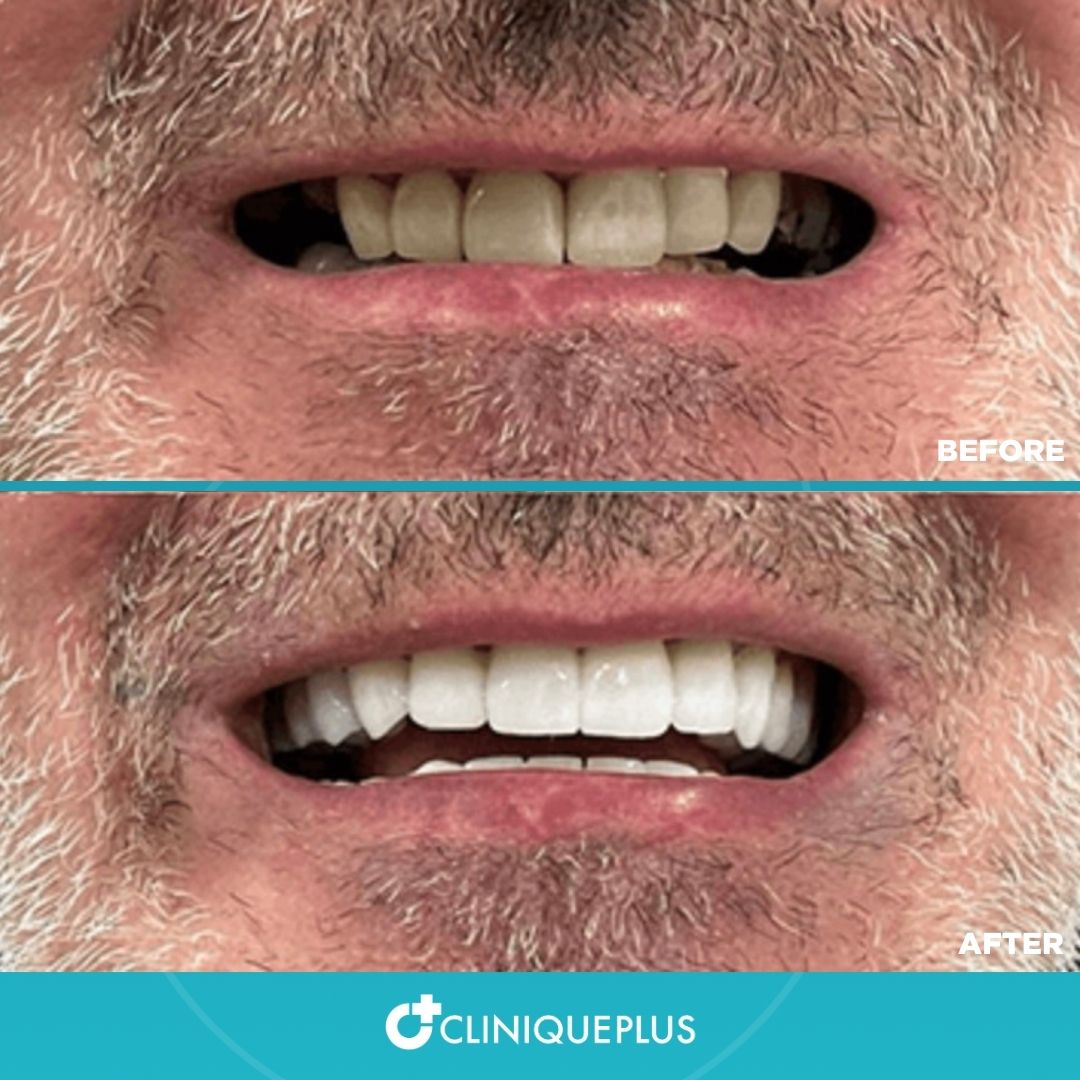
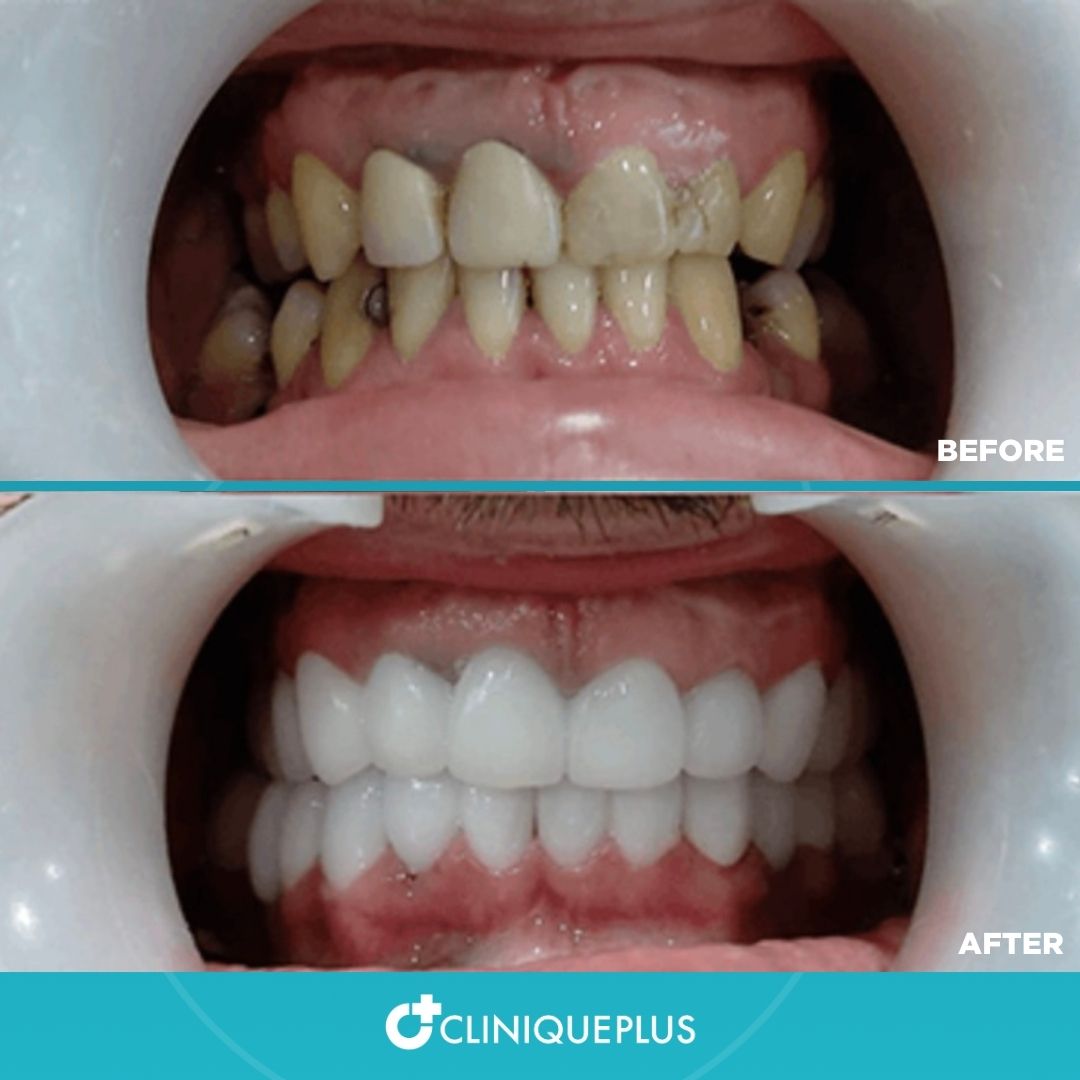
Cosmetic Dentistry involves various dental procedures aimed at improving the aesthetics of smiles, addressing issues like discoloration, misalignment, or damaged teeth to achieve a more appealing appearance.
Cosmetic Dentistry includes procedures like teeth whitening, dental veneers, dental implants, crowns, orthodontics, gum reshaping, and smile makeovers through comprehensive treatments.
Individuals with concerns about the appearance of their teeth, such as stains, gaps, misalignment, or other aesthetic issues, can benefit from Cosmetic Dentistry to achieve a more confident smile.
While general dentistry focuses on oral health and functionality, Cosmetic Dentistry primarily concentrates on improving the appearance of teeth, gums, and smiles.
Many Cosmetic Dentistry treatments not only enhance appearance but also improve oral functionality, including better chewing, speech, and overall oral health.
Cosmetic Dentistry procedures are generally safe when performed by qualified professionals using approved materials and techniques. Prior consultation and understanding the procedure contribute to safety.
The longevity of results varies based on the type of treatment and how well oral hygiene is maintained. Regular dental check-ups and proper care can extend the longevity of cosmetic dental work.
Yes, Cosmetic Dentistry allows customization based on individual needs and preferences, ensuring tailored treatments for each patient’s unique smile goals.
Yes, dental professionals often combine various treatments to create a comprehensive smile makeover plan, addressing multiple concerns for a more dramatic transformation.
Look for clinics with experienced dentists specializing in Cosmetic Dentistry, review patient testimonials, examine before-and-after cases, and seek referrals for a trusted choice.


Error: Contact form not found.

Still unsure? Feeling overwhelmed? Talking to a real person can give you the guidance and reassurance needed. You don’t have to do it alone. Let’s find the right doctor together.